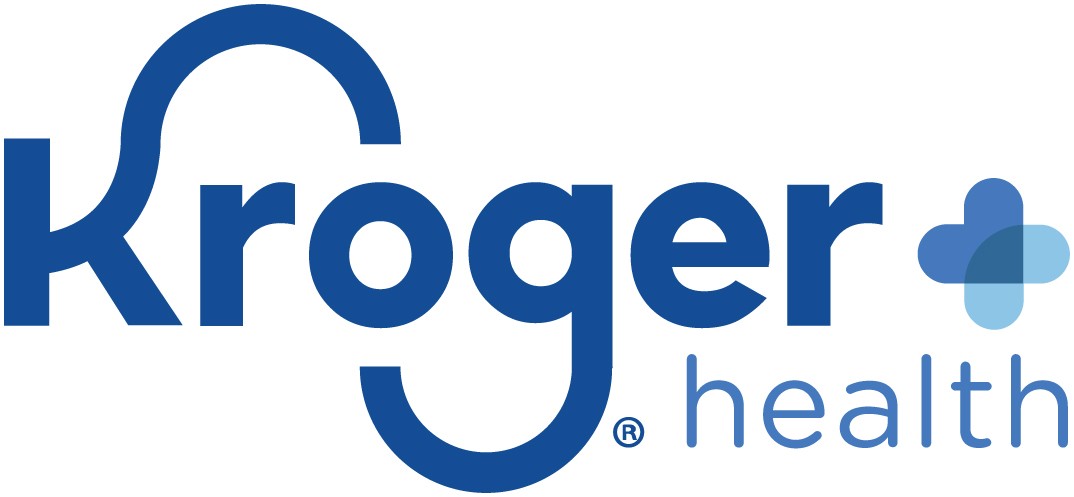“Food as medicine means a dedicated, educated, personalized approach to eating and enjoying food so we can live healthier lives and prevent illness before it starts,” says Bridget Wojciak RDN, LD and Senior Nutrition Coordinator at Kroger Health. “Everyone’s nutrition journey looks different,” Wojciak goes on to say. “It’s important to provide options across the spectrum of change based on where people are with their health journey. “
Kroger Health offers tools, resources and personalized advice to answer the three foundational questions every shopper asks as they try to navigate food choices and healthier eating.
 Question 1: Is this healthy?
Question 1: Is this healthy?
We’ve all heard that sage advice: “Read the label.” High-fiber, low-fat, reduced-sodium, no preservatives… It can get overwhelming
Kroger Health has an app for that.
The OptUP app takes all of the guesswork (and label reading) out of determining how healthy a food is. Using a nutrition rating system, OptUP assigns food scores so you know immediately how healthy a specific food item is.
Of course, what’s healthy for one shopper may not be for another, which leads to the next question.
Question 2: Is this healthy for me?
Although a food item has a high nutrition score, it may not be appropriate for certain people. Kroger Health addresses this directly.
Within OptUP are dietary tags that can be turned on or off based on your individual dietary needs. After activating dietary tags, when you scan a food item, you’re given a nutrition rating and you’re informed if it meets your dietary tag criteria. From food preferences (vegetarian, vegan) and dietary restrictions (gluten-free, dairy-free) to medical conditions (diabetic-friendly, heart-smart), searching for healthy foods is quick and easy.
Question 3: How do I stay healthy?
Wojciak points out that one person’s journey in healthy eating can look very different from another’s. She offers two contrasting examples.
Person A knows they need to eat more whole foods, eat out less and be more nutrition-conscious, but factors in their current lifestyle won’t allow them to be at that point right now. They need nutritious options in a more convenient format.
Person B is a chemotherapy patient, experiencing unintended weight loss. They just want a product that tastes good and they can tolerate eating. They may benefit from product recommendations by a Kroger Health dietitian.
“Your story is unique to you. A one-size-fits-all approach doesn’t work. Kroger Health’s Food as Medicine strategy is designed to be flexible based on what works for an individual shopper,” she says
To meet those individual needs, Kroger Health offers a variety of options:
- Curated expert blog content on KrogerHealth.com
- Home Chef meal kits delivered right to your door
- In-store nutrition team members give shoppers tips on how to pick, prep and store produce
- One-on-one services with a registered dietitian via Telenutrition
By embracing food as medicine, we make better decisions about what we eat, taking charge of our health with intention
No matter what stage you’re at, Kroger Health offers the applications, information and people to help you along your journey.
Learn how Kroger is helping people to live healthier lives at krogerhealth.com.





